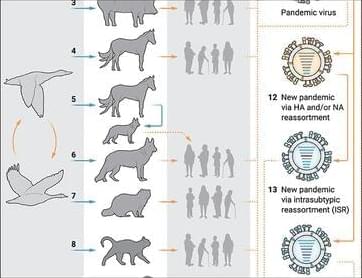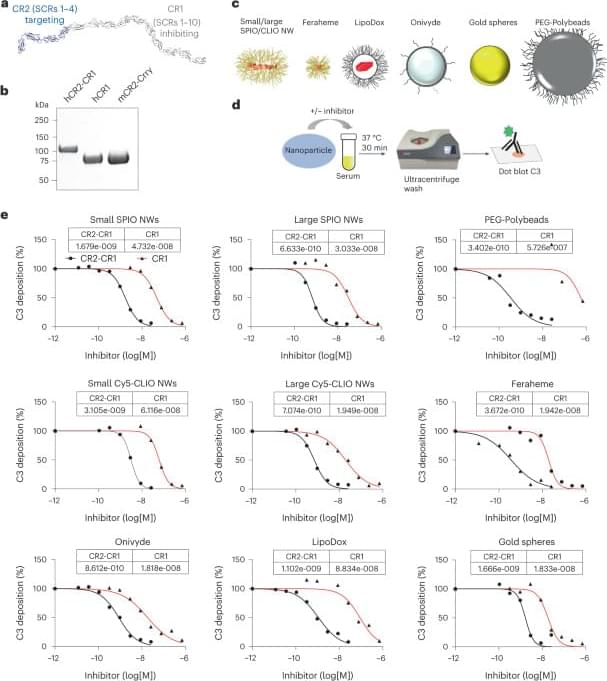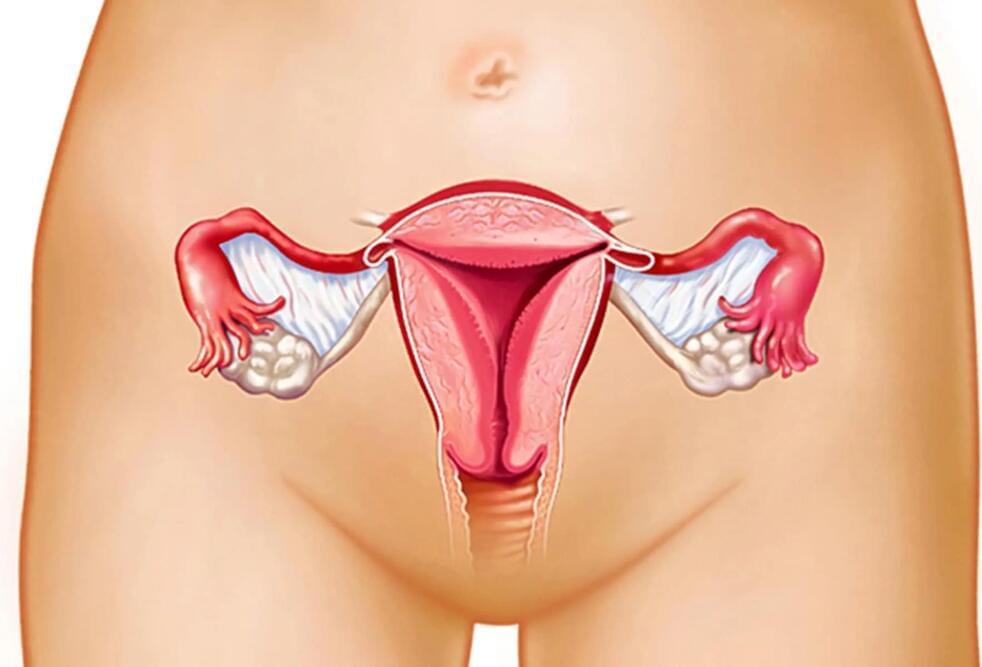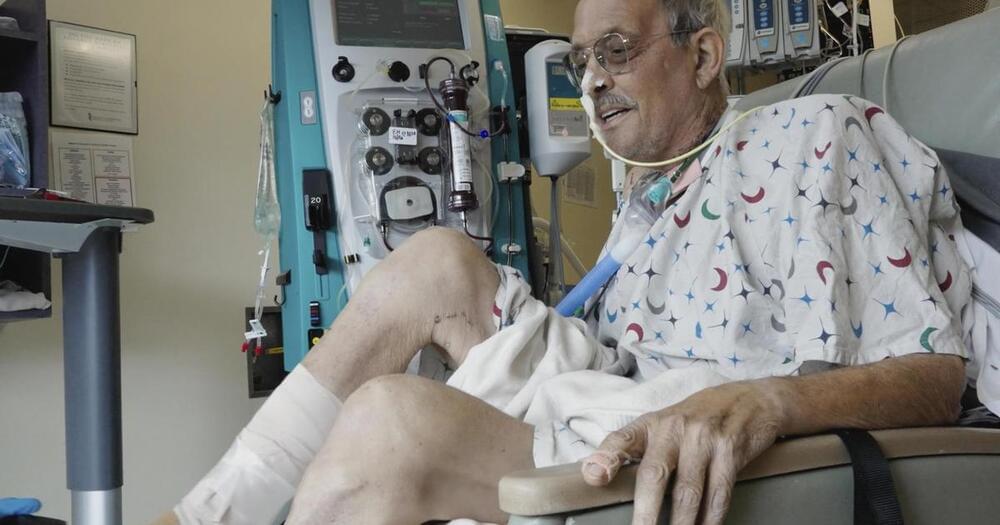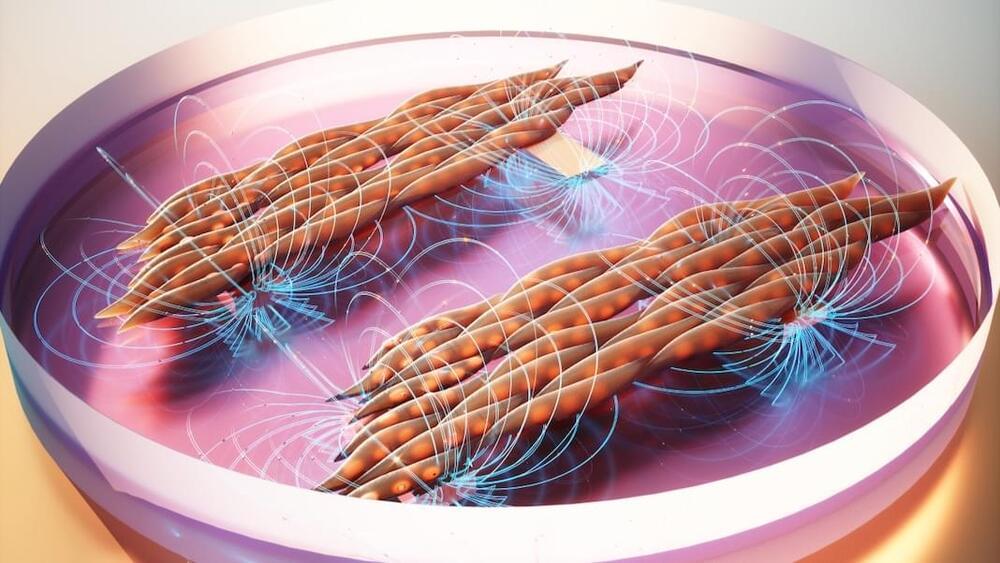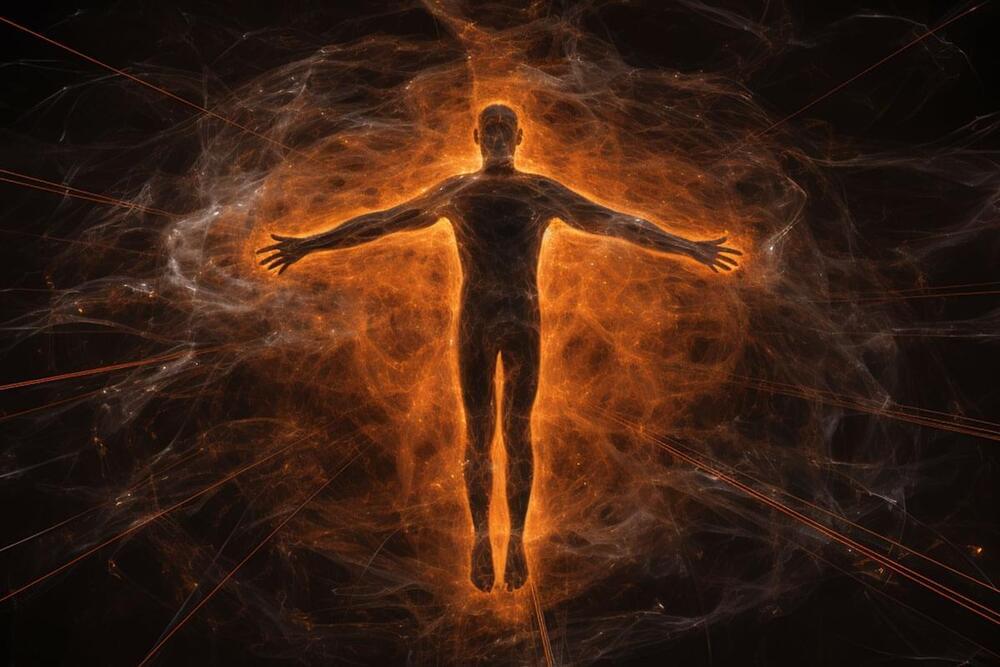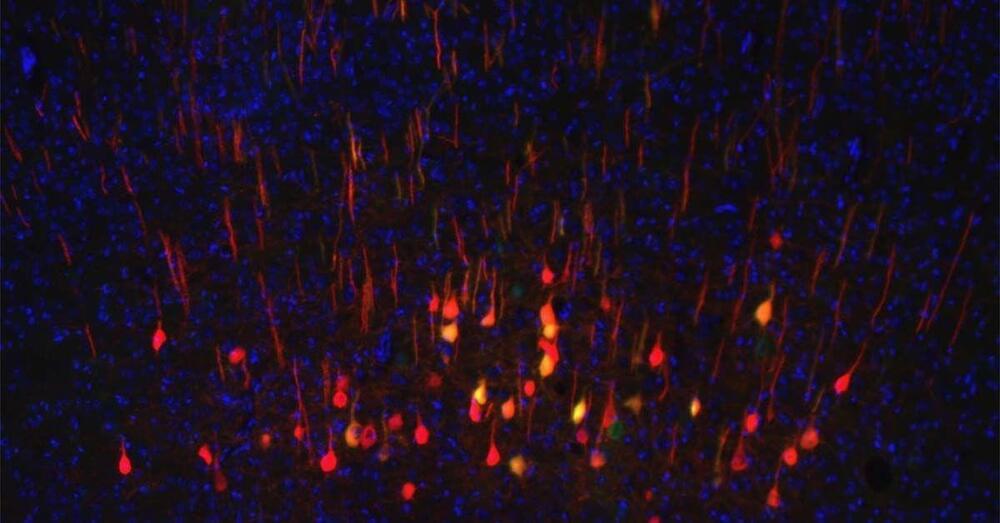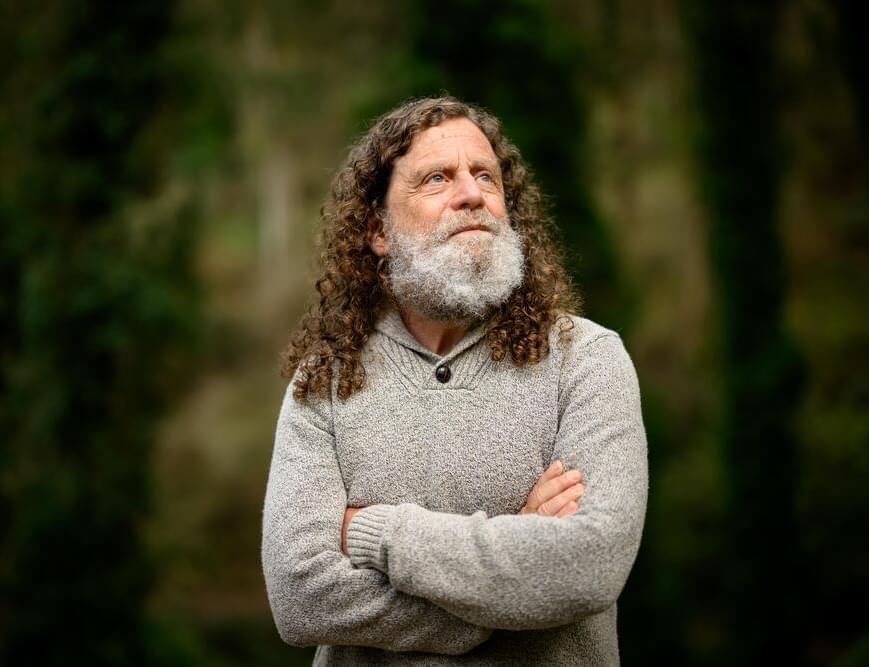Influenza viruses are believed to have sparked at least 14 human pandemics in the past 500 years; the most devastating of which began in 1918. Yet, despite intense study and considerable advances in public health, virus surveillance and virology, there is no simple answer to this pressing question: when and how will the next flu pandemic arise?
NIAID scientists including Jeffery K. Taubenberger, M.D., Ph.D., consider the many potential pathways to future influenza pandemics in a new viewpoints essay in Science Translational Medicine. There are no hard and fast ‘rules’ specifying, for example, what characteristics a given avian influenza virus must possess to allow it to efficiently infect… More.
Influenza pandemics have emerged for centuries but still cannot be accurately predicted.
